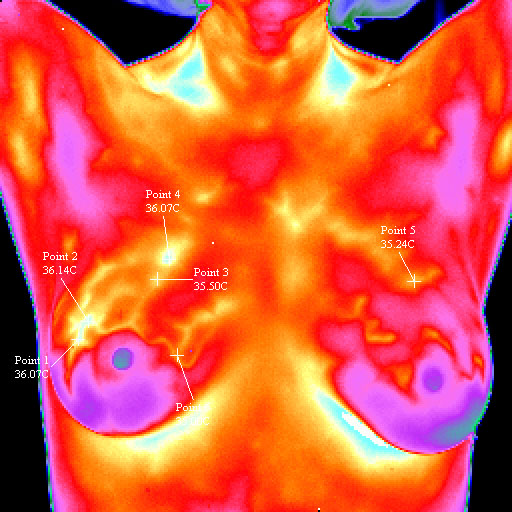Breast cancer is one of the most common cancers suffered by women and is the leading cause of cancer-related deaths in women across the world. It accounts to 25% of all cancer cases, with cases more commonly found in developed countries than in developing ones. In 2012 alone, breast cancer led to 522,000 deaths and resulted in 1.68 million cases, according to Wikipedia.
Aside from affecting the breasts, breast cancer often metastasize (spread) to other parts of the body, particularly affecting the lungs and bones.
But this just might end soon! Scientists at the MRC Centre for Reproductive Health of the University of Edinburgh announced that they found the trigger which causes the breast cancer cells to move to other parts of the body, reports Mirror UK. By inhibiting this trigger in mice, they were able to stop breast cancer from metastasizing, especially to the lungs!

“Our findings open the door to the development of treatments that target the tumour microenvironment, which may stop the deadly progression of breast cancer in its tracks.” – MRC Centre for Reproductive Health director Professor Jeffrey Pollard
The same facility had previously discovered that in mice, macrophages support breast cancer in setting up secondary tumors after invading the lungs. Further research led them to the identification of chemokines, signaling molecules that create the communication channels between breast cancer cells and the macrophages.
After these chemokines were inhibited, the occurrence of secondary tumors in the lungs was reduced by up to two thirds. Moreover, although some cancer cells still managed to migrate to the lungs, these were not able to establish secondary tumors.
Since human cells appear to use signaling chemokines in a similar way as mice cells, the research findings are of great value to humans.





